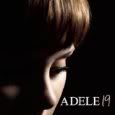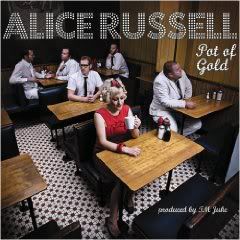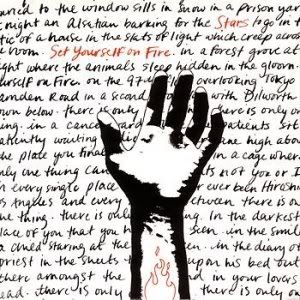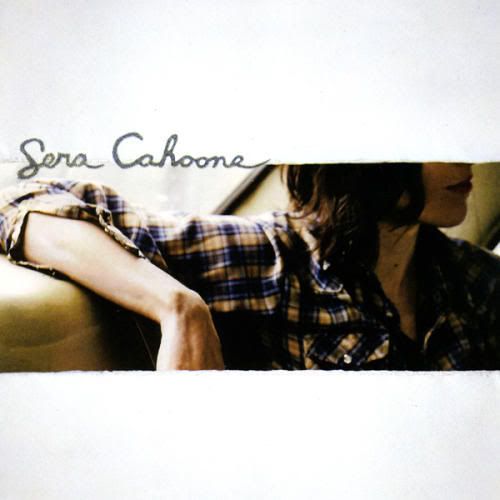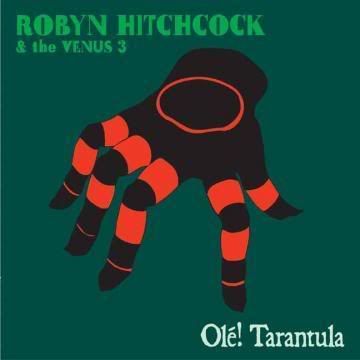Political rant...
I just had my windshield replaced, and got a free lecture included on how liberals are the problem with politics because all they do is badmouth republicans. I sat there nodding my head and going "uh-huh," and "ok" for the entire time not once daring to point out that he was merely badmouthing liberals.
I want to give the guy a fair shot. His opinions are extensively researched, and he tries to back them up as much as possible, and I respect that. But I have trouble with someone that stands so firmly on opinions of right and wrong that he views other peoples opinions automatically as unresearched and ignorant.
Mind you, this all was said after I admitted my own liberal bias. But what could I really say about it all? I mean, my opinions are ignorant, based merely on emotion and not scientifically researched (he's an intelligent design guy to boot).
What disappointed me I have to say was my own reluctance to step forward with my opinion. In the end, he was right. I sat and listened to him give his own reasons for his own opinion, and never backed up any of my own. In fact, I remained mostly silent. I remained silent while he claimed that the homosexual community is "in his face" about their rights. I remained silent as he explained to me that every other news station in the world (he also knew I was a journalist) is liberally biased, except for Fox News. I remained silent as he took values that I held strongly and accused them of being unresearched and unscientific. I remained silent as he badmouthed science teachers (my wife will be one soon).
So I had a chance today to try and put my money where my mouth is, and say, at the very least, "I don't agree." And I sat instead and nodded my head and listened. It's easy for me to excuse this behavior as my being a silent observer. My job, I could argue, is to merely observe, and learn. But my values tell me that we have a big problem with talking to each other in this world. We sit on one side of the fence and defend ourselves by speaking ill of the other side. My silent observer excuse is just that, an excuse, and excuse that covers up my own fear of stepping out, taking a risk, and standing firmly on a subject.
As we talked, I will admit I tried to defend my career choices a little bit. I told him that I felt that if I had an opinion, that I should have the confidence that the people of America are smart enough that when they see the evidence, they will agree. The job of a journalist is to present the information, and leave it to the readers/viewers to make up their own mind. He and I agree on this it seems.
"You should be a conservative," he said to me after this. I got his respect apparently; he'd like to read some of my writing. My entirely biased hope is that he will walk away remembering that he had respect for a liberal with liberal opinions.
The bipolar nature of the world (politically and religiously) is damaging us all, and it's easy for me to stick with the liberal camp, but in the end we are all far too different to base everything in the world on a binary doctrine. Right, wrong, left, right, sacred, abomination etc etc etc.


